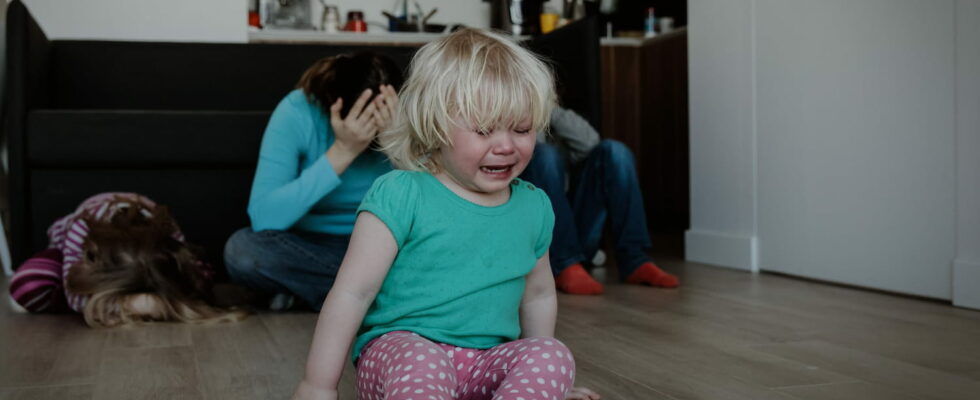Faced with repeated tantrums from a child, it is sometimes difficult to know how to react. To address this problem, Professor Alan Kazdin, a specialist in child psychology, has developed a revolutionary method.
Is your child’s tantrums becoming more and more frequent and tending to intensify? He screams, hits, kicks, throws whatever is within his reach, making a spectacle of himself in public and upsetting the family balance. Every time you ask him to do something simple like brush his teeth, clean his room, put down his phone, or go to bed without a fuss, your child will resist. You would like him to be more cooperative and for everyday life to calm down, but you don’t know what to do anymore. This revolutionary method will change your life.
In his book entitled Raising a child who opposes, the real solutions (Ed. Solar), Professor Alan Kazdin explains that while punishments can be useful, studies prove that they are relatively effective in modifying behavior. And for good reason, they do not tell the child what to do and do not reward expected behavior. Worse still, punishments would increase the child’s aggression and encourage the recurrence of the unwanted behavior. “Punishing behavior is still a way of paying attention to it, and any form of attention risks encouraging your child to engage in that behavior again,” he notes in his book. Its method is based on five main principles:
Instead of thinking about what you don’t want your child to do, think about what you do want. “For example, if you say to yourself ‘he explodes in anger too often,’ instead say ‘when he gets frustrated, I want him to tell me kindly and calmly,'” suggests Professor Alan Kazdin. When your child has a good behavior, provide positive reinforcement (congratulations, compliments, attention). To do this, it is imperative to give the child opportunities to practice this behavior. This is what he calls reinforced practice. means that when the child performs the desired behavior, you must notice it and reward it with positive reinforcement,” says Professor Alan Kazdin.
He then recommends breaking down the behavior into accessible steps in order to reinforce it until the desired goal is achieved. Finally, according to the child psychology specialist, the best way to stop unwanted behavior is to not pay attention to it. In other words, the more we pay attention to a behavior, the more likely it is to become reinforced.
